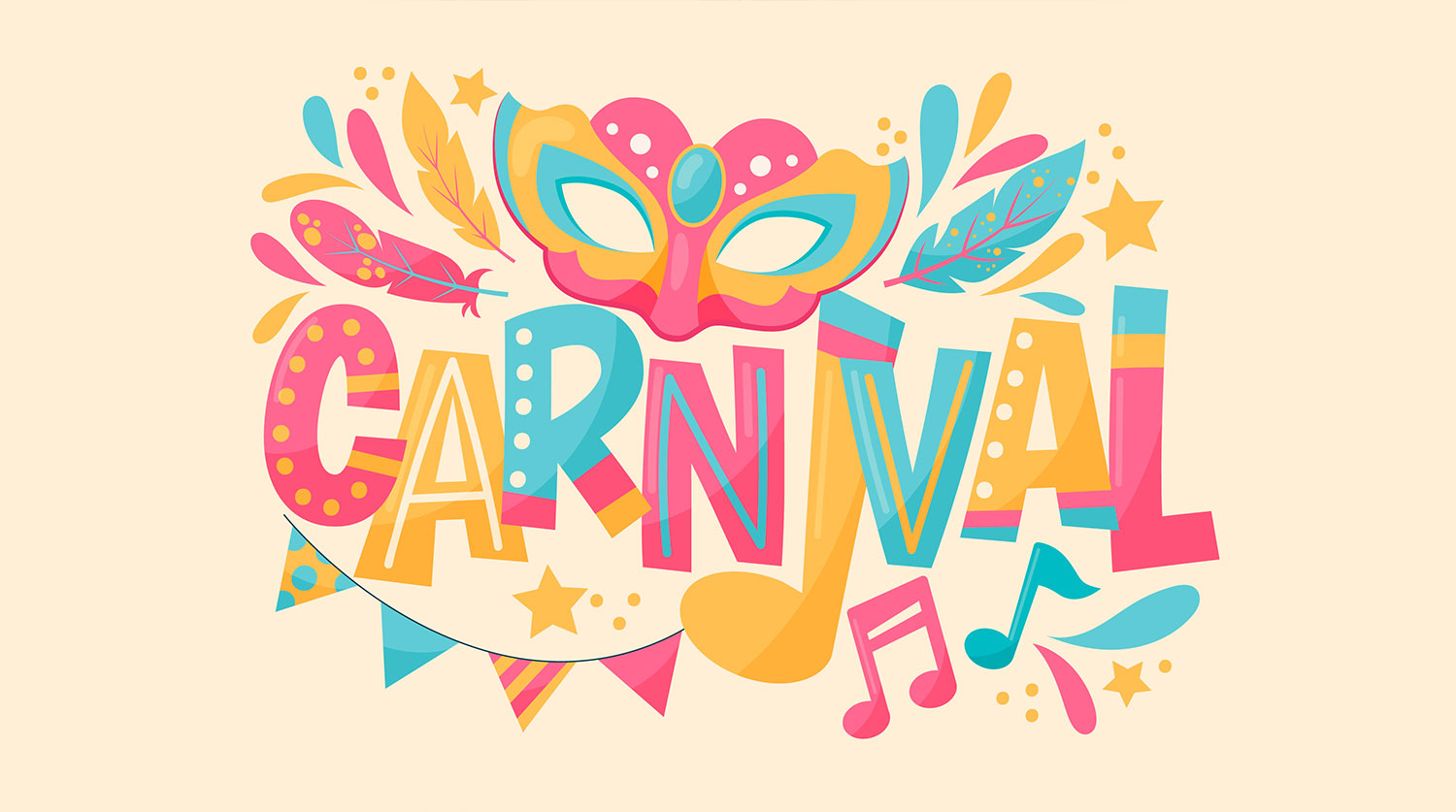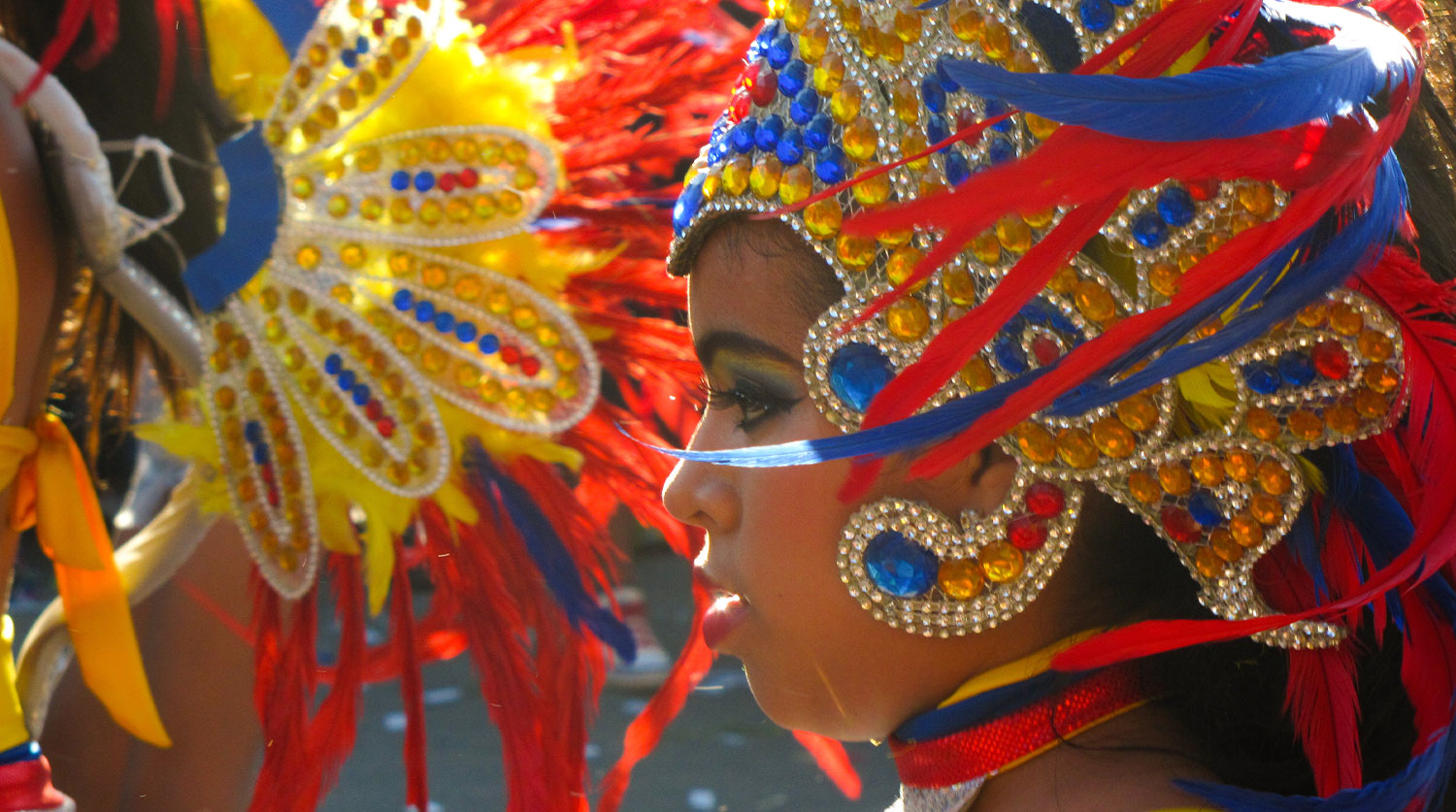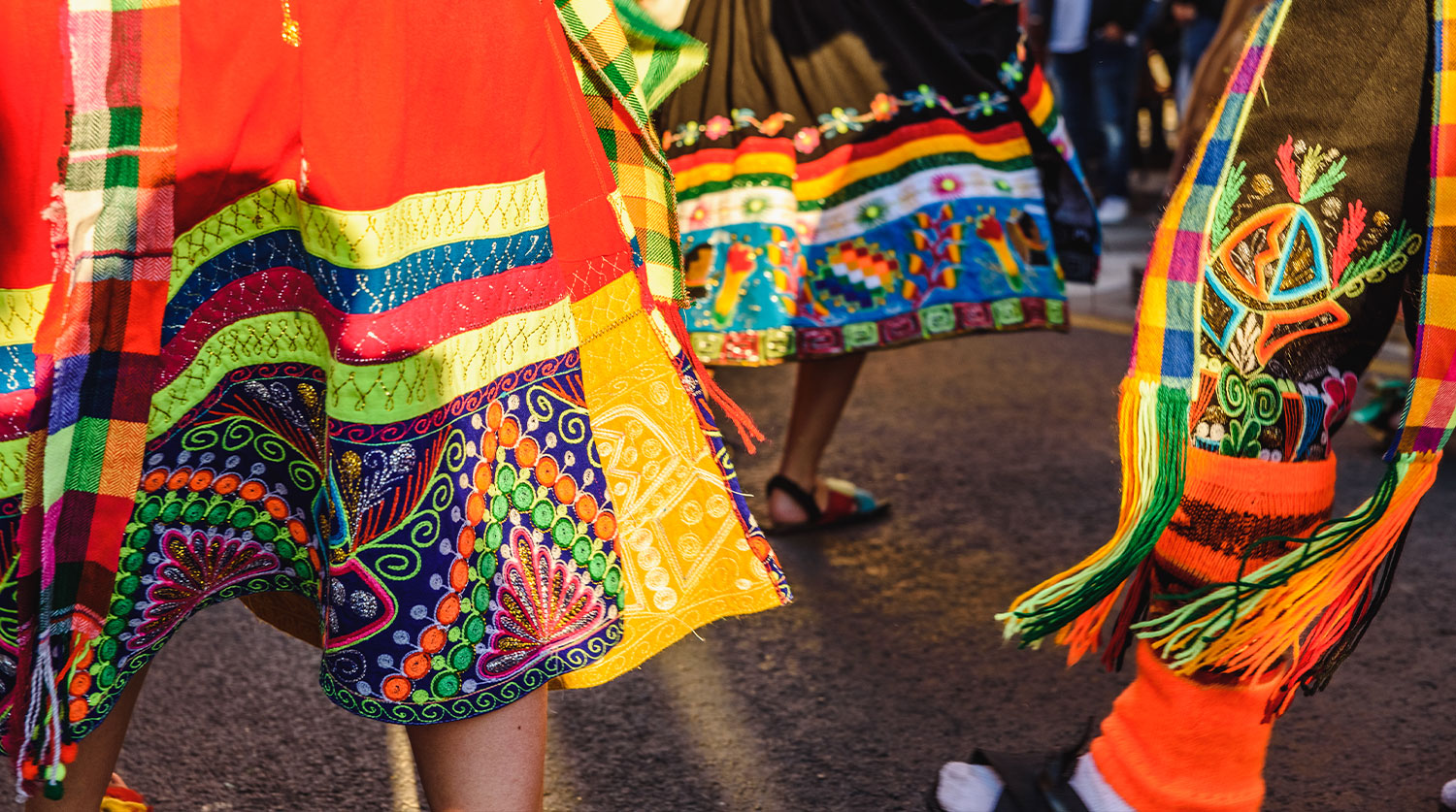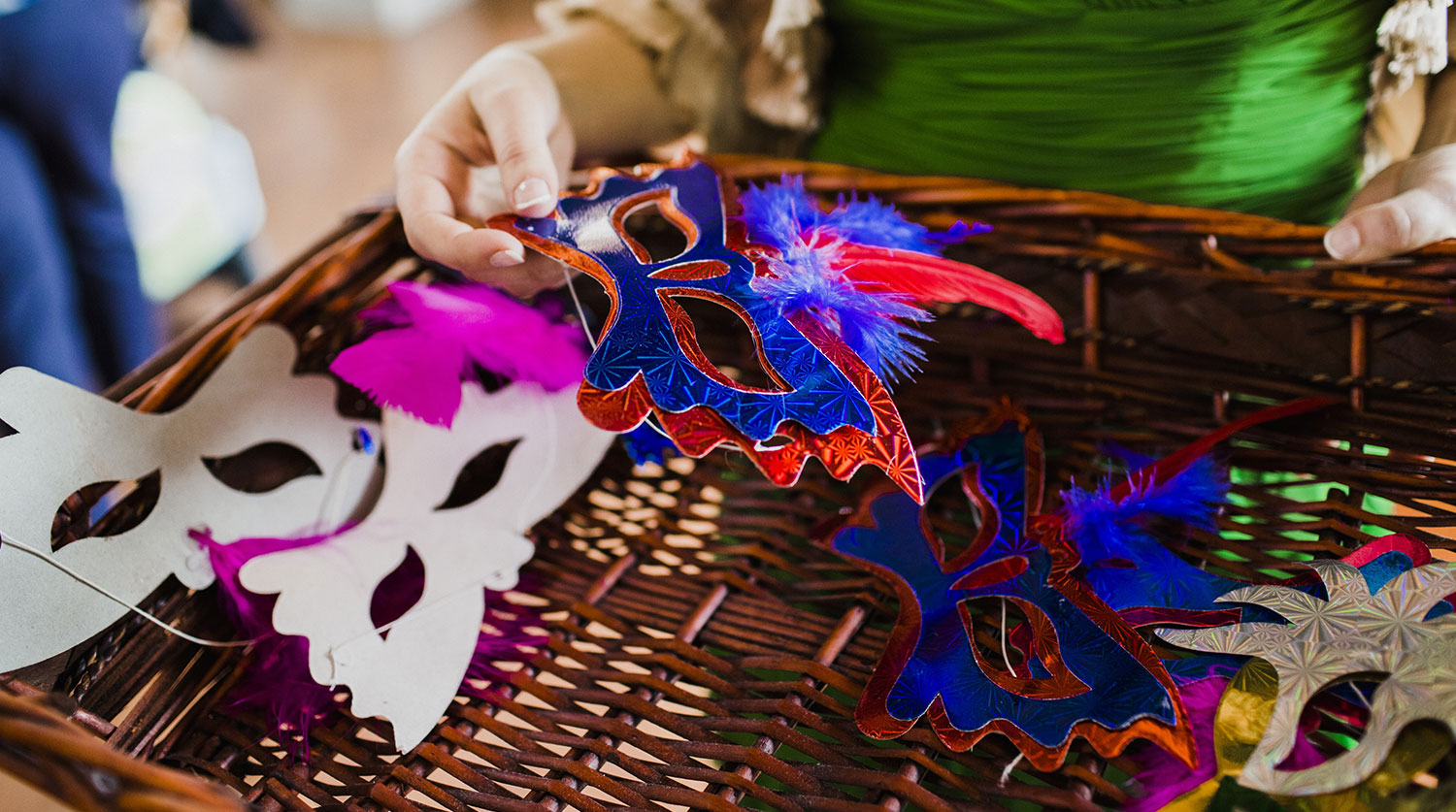Carneval
Annual Entertainment Events in USVI

The Caribbean islands of St. Thomas, St. Croix, and St. John come alive each year with a variety of exciting entertainment events that showcase the vibrant culture and traditions of the U.S. Virgin Islands. From lively festivals to music celebrations, these events attract visitors from around the world, offering a perfect blend of entertainment, history, and local flavor. Here’s a look at some of the most popular annual entertainment events in the Virgin Islands.
1. Carnival on St. Thomas
One of the most anticipated events each year is the Carnival on St. Thomas, held in April. This celebration is a dazzling display of music, dance, and vibrant costumes that reflect the island’s African and Caribbean heritage. With weeks of parades, calypso competitions, food fairs, and cultural events, Carnival is a must-see for anyone visiting the islands. The grand parade and fireworks finale are the highlights, drawing large crowds and providing a thrilling experience for all attendees.
2. Crucian Christmas Festival
St. Croix’s Crucian Christmas Festival, spanning December and early January, is another major event that showcases the island’s unique traditions and lively spirit. The festival includes pageants, parades, food festivals, and concerts featuring local and international artists. The highlight of this festival is the Adult Parade, where participants don colorful, elaborate costumes and dance to the rhythms of traditional music. The vibrant atmosphere and sense of community make this festival a true cultural celebration.
3. St. John Festival
Celebrating its culture and heritage, the St. John Festival takes place every year from June to July, marking Emancipation Day and the Fourth of July. The event is packed with activities, including food fairs, boat races, and music performances. The fireworks display on July 4th is a stunning spectacle that lights up the skies over Cruz Bay, creating an unforgettable experience for both locals and tourists.
4. Agrifest on St. Croix
The annual Agricultural and Food Fair, or Agrifest, held in February, is one of the largest and most popular agricultural events in the Caribbean. Hosted on St. Croix, this event celebrates the island’s rich agricultural heritage with a showcase of local produce, livestock, and crafts. Visitors can enjoy delicious local food, listen to live music, and participate in educational demonstrations. Agrifest provides a family-friendly atmosphere that blends culture, education, and entertainment.
5. VI Carnival on St. Thomas
While Carnival celebrations take place on all three islands, the VI Carnival on St. Thomas, held every April, is the most widely known. This event includes a month-long series of festivities such as food fairs, music events, calypso competitions, and the famous J’ouvert celebration, which kicks off with an early morning street party. Visitors can expect vibrant parades, steel pan music, and an atmosphere full of excitement.
6. Mango Melee
Held each July on St. Croix, Mango Melee is a festival that celebrates the island’s favorite fruit – the mango. The event takes place at the St. George Village Botanical Garden and includes a variety of mango-themed activities such as cooking competitions, mango tasting, and a marketplace featuring local produce and crafts. It’s a fun, family-friendly event that highlights the importance of agriculture and local produce on the islands.
7. St. Thomas International Regatta
Sailing enthusiasts from around the world gather each March for the St. Thomas International Regatta. Known as one of the most competitive and prestigious sailing events in the Caribbean, this regatta attracts top sailors and boats to the waters around St. Thomas. Spectators can enjoy watching the races from the shore or take part in the lively onshore events that accompany the competition, including live music, beach parties, and local food vendors.
The annual entertainment events in the U.S. Virgin Islands are as diverse as they are exciting, offering something for everyone, whether you’re into music, culture, food, or sailing. These celebrations bring the islands to life, providing unique experiences that blend tradition with modern entertainment. For both locals and tourists, attending any of these events is an excellent way to immerse yourself in the rich culture and vibrant community of the Virgin Islands.
By planning your visit around one of these key events, you’ll get a chance to experience the best of what the islands have to offer, making your trip truly unforgettable.
Carneval
How to Get Involved in USVI Carnival: A Guide for Newcomers

The vibrant culture of the U.S. Virgin Islands shines brightest during Carnival, a colorful celebration filled with music, parades, and local traditions. For newcomers to the islands, the annual Carnival is not just a spectator event—it’s an opportunity to immerse yourself in the culture, make connections, and experience the heartbeat of island life. This guide provides essential tips on how to get involved and make the most of your first Carnival experience in the USVI.
1. Understand the Significance of Carnival
Before diving into the festivities, it’s important to understand the historical and cultural significance of Carnival in the USVI. Rooted in African and European traditions, Carnival is celebrated in St. Thomas, St. Croix, and St. John, with each island hosting its own version at different times of the year. These events mark important milestones in the islands’ history, including the end of slavery and religious observances like Lent.
Participating in Carnival means more than just attending events—it’s about respecting and embracing the local customs that have been passed down for generations.
2. Plan Ahead for Carnival Dates and Locations
Each island in the U.S. Virgin Islands has its own unique Carnival schedule. St. Croix’s Carnival typically takes place during the Christmas and New Year holiday season, while St. Thomas holds its celebration in April and May. St. John hosts its festivities around the 4th of July. For newcomers, choosing the right Carnival to attend can depend on your location and availability, but the experience will be memorable no matter which one you choose.
Check official schedules online and plan your visit early, as hotels and flights tend to book up quickly during these periods. Also, some events, like parade seating or special parties, may require tickets in advance.
3. Join a Carnival Troupe
One of the best ways to get involved is by joining a Carnival troupe. Troupes are groups that participate in parades, dancing and wearing elaborate costumes designed to dazzle the crowd. Many newcomers to the USVI opt to join a troupe as it’s an immersive way to feel part of the celebrations.
To join, research local troupes on social media or ask for recommendations from residents. Some troupes have open registrations and can offer rental costumes, while others might require you to purchase or even help design your outfit. By joining a troupe, you’ll also attend pre-Carnival events, like costume fittings and dance rehearsals, adding to the overall experience.
4. Attend Pre-Carnival Events
Carnival is more than just the main parade or J’ouvert (a street party usually held at dawn). There are several events leading up to the big days that are great for meeting people and experiencing island culture. Music festivals, pageants, food fairs, and calypso competitions offer newcomers a taste of what Carnival is all about.
Check local event listings for details on these pre-Carnival happenings. These smaller gatherings are less crowded than the main events, giving you the opportunity to mingle with locals, try traditional foods, and enjoy live music.
5. Experience the J’ouvert Celebration
One of the most iconic events of Carnival is J’ouvert, a lively, early-morning street party filled with music, dancing, and revelry. For many, J’ouvert marks the start of the Carnival festivities and is a must-see for newcomers.
If you’re planning to attend, be prepared for an all-night celebration. Dress comfortably and be ready for dancing in the streets. Many participants cover themselves in mud, paint, or powder, so it’s best to wear clothing you don’t mind getting dirty. It’s a high-energy, immersive experience that truly embodies the spirit of Carnival.
6. Indulge in Local Cuisine
No Carnival experience is complete without indulging in the local cuisine. The USVI’s food scene during Carnival offers a variety of mouth-watering dishes, including johnnycakes, pate, stewed oxtail, conch fritters, and fried fish. During the food fairs and throughout the Carnival events, vendors set up booths offering both traditional and fusion dishes that showcase the rich culinary heritage of the islands.
Trying the food is an important part of participating in Carnival and will introduce you to flavors that reflect the diverse culture of the U.S. Virgin Islands.
7. Respect Local Customs and Practices
As with any cultural event, it’s crucial to show respect for local customs and traditions. Carnival is a cherished celebration in the USVI, and locals take pride in its significance. Be mindful of dress codes, rules, and traditions, especially when it comes to religious or historical aspects of the celebration.
When attending events, follow the guidance of local organizers and participants, whether it’s during J’ouvert or the grand parades. Engaging with respect will ensure you are welcomed by the community and have a more authentic experience.
8. Get Involved as a Volunteer
If you’re looking for a deeper way to participate, consider volunteering. Carnival events require lots of support, from helping with logistics to setting up stages and managing events. Volunteering is a fantastic way to meet people, contribute to the festivities, and gain a behind-the-scenes look at how these large-scale celebrations come together.
Reach out to local organizations or Carnival committees to find out about volunteer opportunities that match your skills and interests.
Carnival in the U.S. Virgin Islands is a cultural experience like no other, offering newcomers a chance to immerse themselves in the island’s traditions and celebrations. Whether you’re joining a troupe, attending J’ouvert, or sampling local dishes, getting involved in Carnival allows you to connect with the rich heritage of the USVI. With this guide, you’re ready to dive in and make the most of your first Carnival experience, creating memories that will last a lifetime.
Carneval
The Economic Impact of USVI Carnival: A Key Driver of Growth and Tourism

The annual Carnival in the U.S. Virgin Islands is more than just a vibrant cultural celebration. It is a significant economic engine that fuels tourism, supports local businesses, and generates substantial revenue for the islands. With its parades, music, and colorful displays of local traditions, Carnival not only attracts thousands of tourists but also fosters a sense of community and pride among residents.
Boosting Tourism: A Vital Economic Contributor
One of the most notable impacts of the USVI Carnival is its ability to attract international and regional tourists. The islands see a significant increase in visitor arrivals during Carnival season, with tourists coming from nearby Caribbean islands, the U.S. mainland, and beyond. This surge in tourism drives occupancy rates in hotels and short-term rentals to near full capacity, which in turn increases revenue for the hospitality industry.
Carnival festivities often lead to an extended stay for many visitors, resulting in higher spending on accommodations, dining, transportation, and entertainment. Cruise ships also adjust their schedules to coincide with Carnival events, leading to an increase in day visitors who contribute to the local economy. The economic boost from Carnival is especially valuable as it takes place during a key period in the tourism season, allowing businesses to capitalize on the influx of travelers.
Local Businesses and Vendors Reap the Rewards
Local businesses play a crucial role during Carnival, with vendors and small enterprises taking advantage of the opportunity to showcase their goods and services. From food stalls serving local delicacies to craft vendors selling handmade jewelry and souvenirs, Carnival provides a platform for entrepreneurs to reach a larger customer base.
In addition to small vendors, restaurants, shops, and tour operators experience a surge in business. The increased foot traffic from both locals and tourists ensures that businesses of all sizes see a substantial uptick in revenue. Many local companies rely on the Carnival season to generate a significant portion of their annual income, making it a critical time for the local economy.
Job Creation and Employment Opportunities
Carnival in the USVI also contributes to job creation, particularly in the service and tourism sectors. The demand for labor during Carnival events increases, providing temporary employment opportunities for many residents. Jobs in hospitality, transportation, event coordination, and security are in higher demand, and many businesses hire additional staff to accommodate the busy period.
This influx of employment opportunities helps to reduce the unemployment rate during the Carnival season, providing financial benefits to individuals and families across the islands. The economic impact of Carnival is felt not only by business owners but also by the employees who gain additional work and income during this time.
Government Revenue and Infrastructure Investments
The economic benefits of Carnival extend to the local government as well. Tax revenue from hotel stays, dining, retail sales, and event fees contribute to the government’s budget. This revenue can be reinvested into infrastructure projects, public services, and further development of the tourism industry.
The government also plays a role in organizing and promoting the Carnival, ensuring that the events are safe, well-coordinated, and attractive to visitors. Investments in security, transportation, and public amenities help to create a positive experience for attendees, which encourages repeat visits and positive word-of-mouth promotion.
Cultural Preservation and Community Pride
While the economic impact of Carnival is significant, its cultural importance cannot be overlooked. The event serves as a celebration of the rich history and traditions of the U.S. Virgin Islands, promoting local music, dance, and art. This cultural aspect helps to distinguish the USVI Carnival from other Caribbean festivals, making it a unique draw for tourists who seek authentic experiences.
The sense of community and pride that Carnival fosters among residents also translates into long-term economic benefits. When locals actively participate in and support these events, it strengthens the social fabric of the islands and encourages greater local investment. This pride in local culture helps to sustain tourism by creating an environment that is welcoming, vibrant, and full of character.
Long-Term Growth and Sustainability
The economic impact of Carnival is not limited to the immediate influx of visitors and spending. The event also contributes to the long-term growth of the U.S. Virgin Islands’ economy by enhancing the islands’ reputation as a premier tourist destination. Each successful Carnival season reinforces the USVI’s brand as a place where culture, celebration, and business thrive together.
In order to sustain and grow the economic benefits of Carnival, it is essential to invest in marketing, infrastructure, and the development of new experiences for visitors. By continuing to innovate and expand the Carnival experience, the U.S. Virgin Islands can ensure that it remains a key driver of economic growth for years to come.
The USVI Carnival is much more than a cultural event—it is a vital economic engine for the islands. From boosting tourism and creating jobs to supporting local businesses and generating government revenue, Carnival plays a central role in the economic development of the U.S. Virgin Islands. Its long-lasting impact on the economy, combined with its role in preserving the islands’ rich cultural heritage, makes Carnival an essential pillar of the USVI’s future growth and prosperity.
Carneval
Carnival Craft Workshops for Children

Carnival is one of the most vibrant and culturally rich celebrations, and it’s not just for adults. Children have their own way to participate in the festivities through fun and educational Carnival craft workshops. These workshops offer kids the chance to express their creativity, learn about local traditions, and immerse themselves in the excitement of Carnival in an interactive and hands-on way.
Why Carnival Craft Workshops are Important for Children
Carnival craft workshops are more than just an opportunity for kids to make colorful masks and costumes. They serve as a bridge between the younger generation and their cultural heritage, fostering a sense of pride and understanding of Carnival traditions. Workshops are designed to provide a fun, educational space where children can learn about the significance of the festival’s symbols, colors, and history while engaging in age-appropriate activities.
These workshops also play a key role in developing essential skills in children. Crafting helps enhance fine motor skills, creativity, and problem-solving abilities. Working on projects that require them to cut, glue, and arrange materials into their own designs allows children to engage both their minds and hands, all while having fun.
What to Expect from Carnival Craft Workshops
Carnival craft workshops are typically structured to cater to different age groups, ensuring that activities are both engaging and appropriate for various skill levels. Younger children might work on simpler projects such as decorating masks, making colorful beads, or creating small Carnival flags. For older kids, the workshops may include more complex tasks like designing costumes, creating Carnival headpieces, or even constructing small floats out of recyclable materials.
Workshops are often facilitated by local artists, artisans, and educators who have a strong understanding of the Carnival’s cultural significance. These experts guide children through the creative process, teaching them about the importance of the colors they use, the shapes they create, and how their art represents key aspects of Carnival’s heritage.
Local Carnival Themes and Traditions Incorporated
One of the highlights of these workshops is that they incorporate themes from the local Carnival. Whether it’s the unique music, dance, or traditional costumes, children are encouraged to reflect their community’s Carnival traditions in their crafts. For example, in the U.S. Virgin Islands, the vibrant colors of the Carnival reflect the island’s rich cultural history, with children learning how to replicate these colors and patterns in their work.
In addition, children may be introduced to traditional Caribbean folklore and Carnival characters like the moko jumbie (stilt walkers) or the madras cloth commonly used in costume-making. These iconic elements are brought into the workshops, making the experience both entertaining and educational.
Carnival Craft Workshops and the Community
These workshops also create a sense of community involvement, encouraging children to work together, share ideas, and collaborate on projects. It’s not uncommon for family members to join in, making the workshops a family-friendly activity where everyone can enjoy Carnival in a creative setting.
The workshops are often held in local community centers, libraries, or even as part of the pre-Carnival festivities. Schools and after-school programs may also participate, incorporating the workshops into their curricula to further encourage a connection between children and the island’s cultural celebrations.
Benefits of Carnival Craft Workshops for Development
In addition to learning about culture and tradition, children benefit from Carnival craft workshops in a variety of developmental areas. Working with different materials—be it paper, fabric, or paint—allows children to explore their tactile senses and enhances their hand-eye coordination. The collaborative nature of the workshops helps foster social interaction, as children learn to share ideas and resources, communicate their creative vision, and appreciate the diversity of other participants’ creations.
Moreover, completing a project gives children a sense of accomplishment. The pride they feel when they finish their mask, costume, or artwork builds self-confidence, teaching them that their ideas and creativity have value.
How to Get Involved in Carnival Craft Workshops
Parents looking to involve their children in Carnival craft workshops can check with local event organizers, community centers, or libraries. Many workshops are free or available at a low cost, making them accessible to a wide range of families. Schools often send out information on upcoming events, and social media platforms can also be a useful resource for finding workshops in your area.
Some organizers may even offer virtual workshops, allowing children to participate from home by using materials easily found around the house. This is especially convenient for those who may not be able to attend in person but still want to engage in the Carnival spirit.
Carnival craft workshops for children are a fantastic way to keep young minds engaged while celebrating the cultural vibrancy of Carnival. Not only do they offer a creative outlet, but they also connect children with the rich traditions of their community. Through these workshops, kids can develop important life skills, create lasting memories, and deepen their understanding of the cultural significance of Carnival in a fun and interactive way.
By participating in these workshops, children are not just spectators of Carnival—they become active creators, contributing to the festival’s lively and colorful atmosphere. It’s an experience that nurtures creativity, builds confidence, and fosters a lifelong appreciation for culture and tradition.
-

 Education1 year ago
Education1 year agoEducation Board Seeks Input on Schools Through Comprehensive Survey
-

 Education2 years ago
Education2 years agoCTE Board Enthusiastic About New Curriculum Standards, Yet Anxious Over Apprenticeship Support
-

 Crime2 years ago
Crime2 years agoRegistered Sex Offender Detained for Illegal Firearm Possession During Annual Surveillance Drive
-

 Videos3 years ago
Videos3 years ago2022 Gubernatorial Election: Voters Speak Out
-

 Development1 year ago
Development1 year agoCosts Surge as Donoe Estates Housing Project Resumes with New Contractor
-

 Videos3 years ago
Videos3 years agoGubernatorial Teams Celebrate St. Croix’s Bull & Bread Day
-

 Videos3 years ago
Videos3 years agoWakanda’s Female Might: A Dive into ‘Black Panther: Wakanda Forever’
-

 Crime2 years ago
Crime2 years agoSt. John’s Westin Resort Scene of Armed Robbery, Prompting Heightened Police Vigilance




